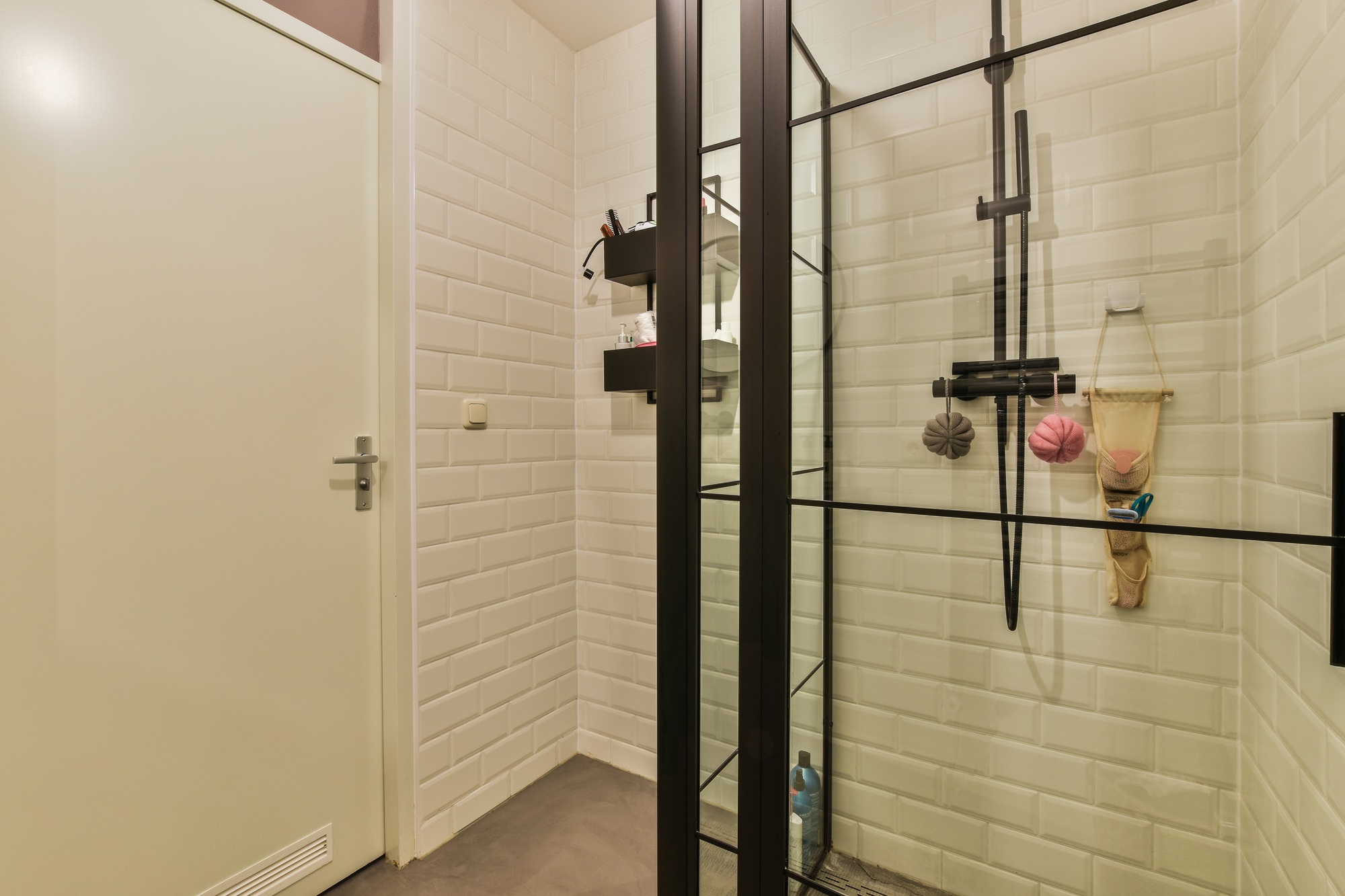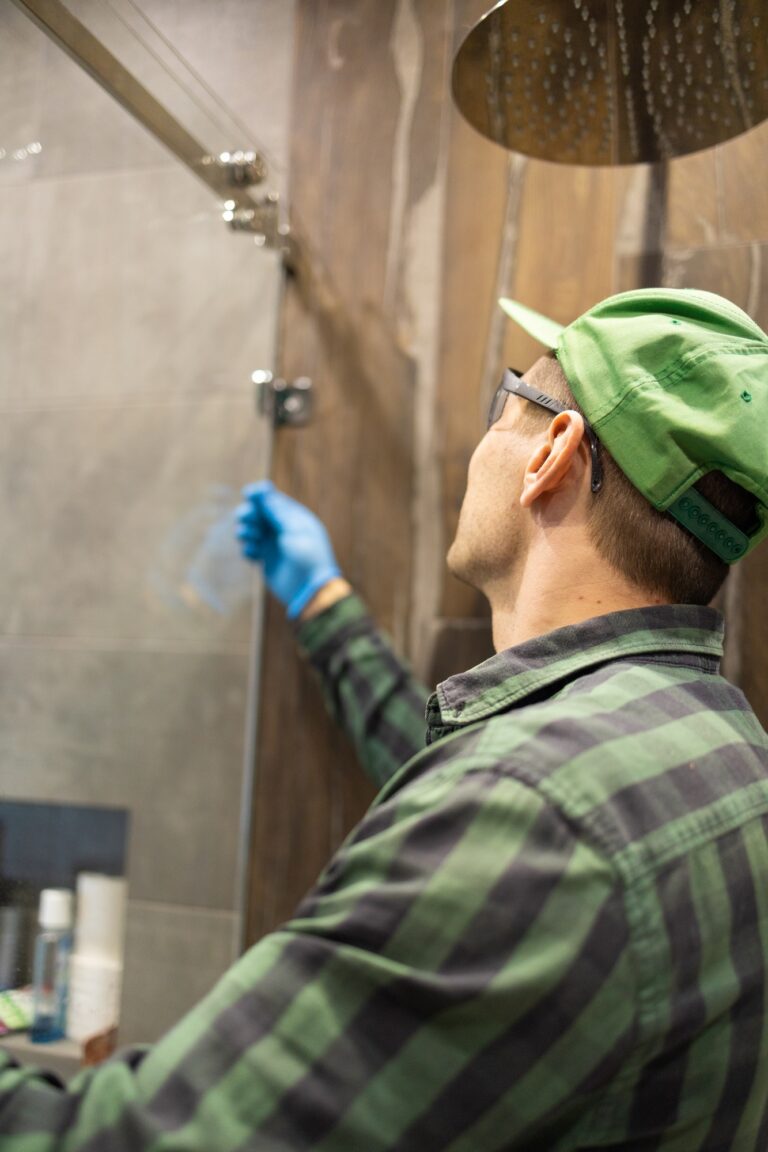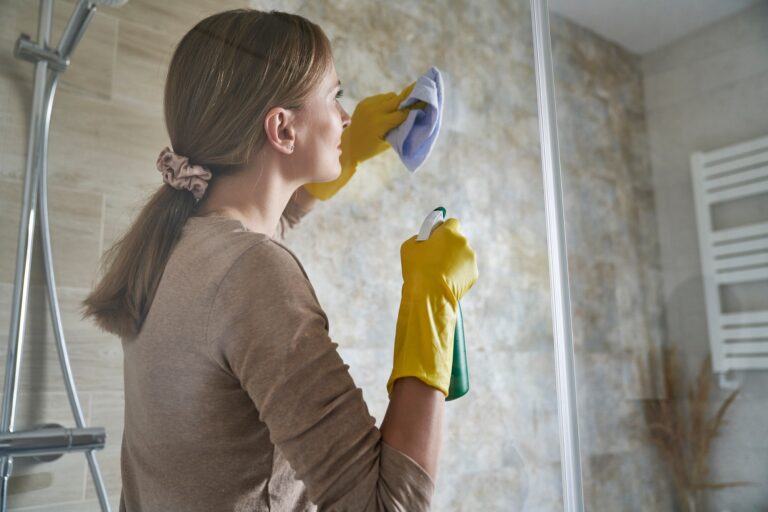Frameless Vs Framed Shower Doors: Which Is Right For You
Compare frameless and framed shower doors on looks, cost, maintenance, and safety to choose the best fit for your bathroom and budget.
Introduction
Choosing between frameless and framed shower doors looks simple at first glance, but once you start comparing cost, upkeep, and safety, it gets more layered. Frameless glass delivers that clean, open feel many homeowners want, while framed doors are budget friendly and still come in styles that don’t look dated. The hard part is balancing looks with practicality so the door you pick fits your bathroom and your day-to-day life. This guide lays out what actually matters, without the jargon that, honestly, no one needs right now.
What Sets Frameless And Framed Apart
At the most basic level, frameless doors use thicker tempered glass and minimal hardware. You see more tile and fewer lines. Framed doors use slimmer glass held by aluminum framing, which adds structure and keeps costs down. Both can be safe, both can look good, and both can last—provided they’re installed right. The difference is how much visual openness you want and how much you’re willing to spend upfront for it.
Design And Aesthetics
Frameless doors showcase the tile work. If your bathroom has a feature wall or a niche you’re proud of, frameless keeps the view clear. Framed doors add thin borders that can either outline the opening neatly or, in small spaces, make things feel a bit more segmented. There’s no single right answer here; it’s about how you want the room to feel when you step in every morning.
Cost And Value
Framed doors usually cost less at purchase and install. That’s a win if you’re updating a bath before selling or doing a quick refresh. Frameless costs more up front, but the perception of quality and the “spa-like” look can add real appeal. Some buyers will pay attention to that. If the budget is tight and you still want a cleaner vibe, a semi-frameless style can be a middle ground. I’ve seen folks overpay where they didn’t need to, and others underspend then regret it later—finding the balance is the goal.
Maintenance And Cleaning
Frameless doors reduce nooks where soap scum builds up. Less metal means fewer places for grime to hang out. That said, frameless doors still need squeegeeing and quick wipe-downs, just like any glass. Framed doors can collect residue where glass meets metal, so a steady cleaning habit matters more. If hard-water spots are a headache in your area, choosing the right cleaning routine helps a ton; we go deeper on that specific issue at the hard-water section I reference later in this article.
Safety And Hardware
Both frameless and framed doors use tempered glass designed to shatter into small pieces if it fails. Proper hinges, straight walls, and a level curb are critical for frameless installs—hardware has to carry more of the job. Framed systems rely on their structure, so they’re a bit more forgiving in older homes with walls that are slightly out of plumb. If your space is quirky, framed can sometimes avoid extra carpentry.
Frameless Shower Door Benefits
Frameless doors are about openness. The thicker glass (often 3/8″ or 1/2″) feels solid under hand, and the minimal metal lets light move deeper into the room. In a compact bathroom, that makes a real difference. You’ll also find fewer places for mildew to hide. If you keep up with quick daily care, the glass stays clear and the hardware still looks sharp years later.
From a style point of view, frameless is timeless right now. Trends swing, but simple lines age well. Homeowners who upgrade tile often choose frameless because it doesn’t cover the work they just paid for. If you’re planning a broader remodel, pairing frameless glass with a new vanity and updated lighting can change the whole feel.
Still, there are trade-offs. Frameless needs precise installation and may require additional blocking in the walls for hinge support. Some layouts need a sweep at the bottom to minimize splashing. None of that is a deal-breaker—just part of choosing the right system for the space you actually have, not the one in a magazine photo.
If you value the open look and long-term appeal, frameless earns its place. If regular cleaning is already part of your routine, you’ll probably love living with it.
Thinking about a shower upgrade? It’s easy to get started with a quick chat. Request your free quote and we’ll help you compare options for your exact layout.
Framed Shower Door Advantages
Framed doors give you structure and savings. The metal frame stabilizes thinner glass, keeps panels aligned, and can prevent small flex that sometimes happens in older homes. If you’ve got walls that aren’t perfectly straight, a framed system can be easier to fit without rebuilding tile or moving plumbing. That’s a big relief when you don’t want the project to sprawl.
Modern framed doors don’t have to look clunky. Slim profiles, better finishes, and clearer glass have improved a lot. In bathrooms where a defined border looks tidy—think classic subway tile or a traditional suite—a framed outline can actually complement the room’s lines.
Cleaning asks for a little more attention. Where glass meets metal, water can sit and leave mineral deposits if it’s never wiped. A weekly rinse and quick dry goes a long way. If you’re already planning to adopt a simple routine for spots, you’ll keep a framed door looking fresh without fuss.
Budget wise, framed often frees up dollars for other updates like fixtures or floor tile. If the project has to hit a price point, this is usually where we trim without sacrificing function or safety.
Layout, Space, And Use
Bathrooms are lived-in rooms, not showrooms. If you’ve got a tight doorway, a hinged panel swinging into the room might bump a vanity. In that case, a sliding framed door is practical. If your shower opening is wide and clear, a frameless pivot can be a centerpiece. Think about how you move in the space. Is there room to squeegee comfortably? Does the door need to clear a towel bar? These tiny details decide whether the door feels great or annoying six months from now.
Moisture, Spots, And Daily Care
Hard-water areas will mark any glass if they’re never cleaned. Frameless gives you fewer edges to scrub, but the pane itself still needs attention. A thirty-second squeegee after each shower is one of those boring tips that actually works. If you’re curious about removing existing mineral marks, jump to an in-depth breakdown at Hard Water Stain Removal in our cleaning article here: How To Keep Your Shower Glass Sparkling And Spot Free. That section lays out simple steps and products that won’t wreck your finish.
Budget, Resale, And Project Timing
If you’re remodeling before selling, framed can look fresh and clean without overspending. If you’re building your long-term bathroom, frameless tends to photograph better and feel more open every day. This isn’t only about money. It’s about where you want the impact. For a broader view of upgrades that move the needle in both feel and value, the Shower Door Upgrades section in this piece helps connect the dots: The Bathroom Upgrade That Adds Style And Value To Your Home.
Installation Quality Matters
No matter what you choose, installation quality decides how well your door lives. Proper shimming, level curbs, sealed edges, and the right hardware placement keep doors from binding and leaking. A good installer checks the slope so water flows back into the pan, not onto your floor. I’ve seen projects where everything looked great on day one, then the door started rubbing because the curb pitch was off. Tiny error, big headache.
Ready to compare framed and frameless on your exact layout? Get a free quote and we’ll map out the pros and cons for your space.
Conclusion
There’s no single winner between frameless and framed. It comes down to your bathroom’s layout, the look you want, how much maintenance you’ll do, and the budget you’re working with. Frameless is clean and open, framed is structured and cost-smart. If you match the choice to your room instead of to a trend, you’ll end up happy every time you step in.
FAQs
Do Frameless Doors Leak More Than Framed?
In a proper install, no. Frameless needs accurate alignment and seals, but with those in place, water stays where it should.
Are Frameless Doors Safe For Families With Kids?
Tempered glass is designed for safety. Many families choose frameless specifically for the solid feel and easy cleaning.
Can I Switch From A Tub Curtain To A Glass Door?
Yes. You’ll need to confirm wall support and curb details, but many tub-to-shower conversions include a glass door upgrade.
What’s The Easiest Finish To Keep Clean?
Brushed hardware hides fingerprints better than polished. On glass, a protective coating can slow down spotting.
Will A Frameless Door Increase My Home’s Value?
It often improves buyer perception. The clean look photographs well and signals a more modern, updated bath.



